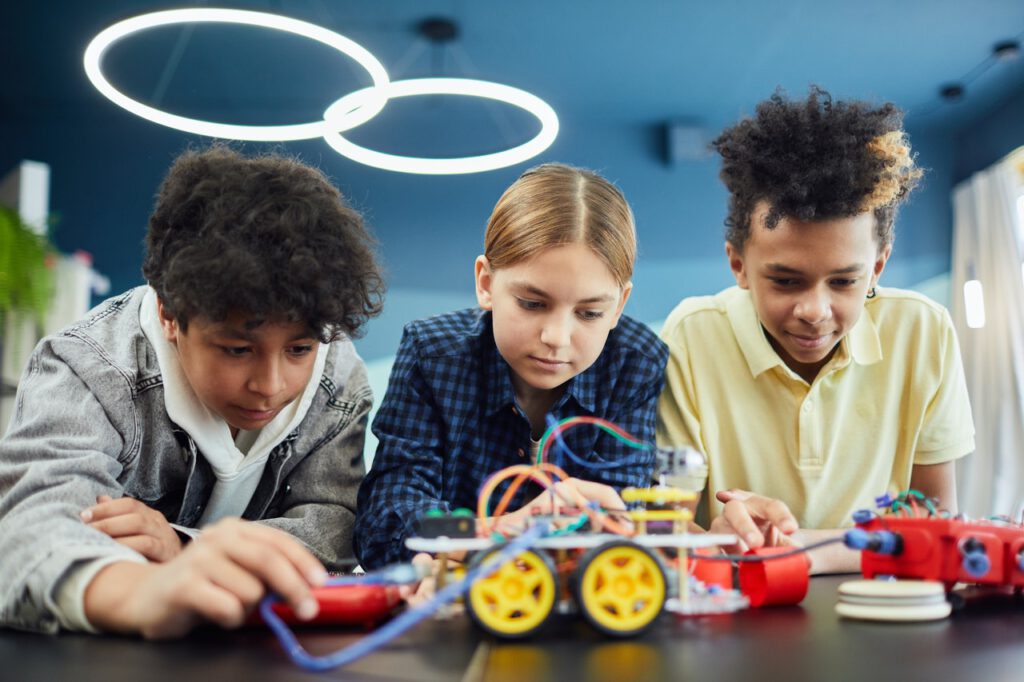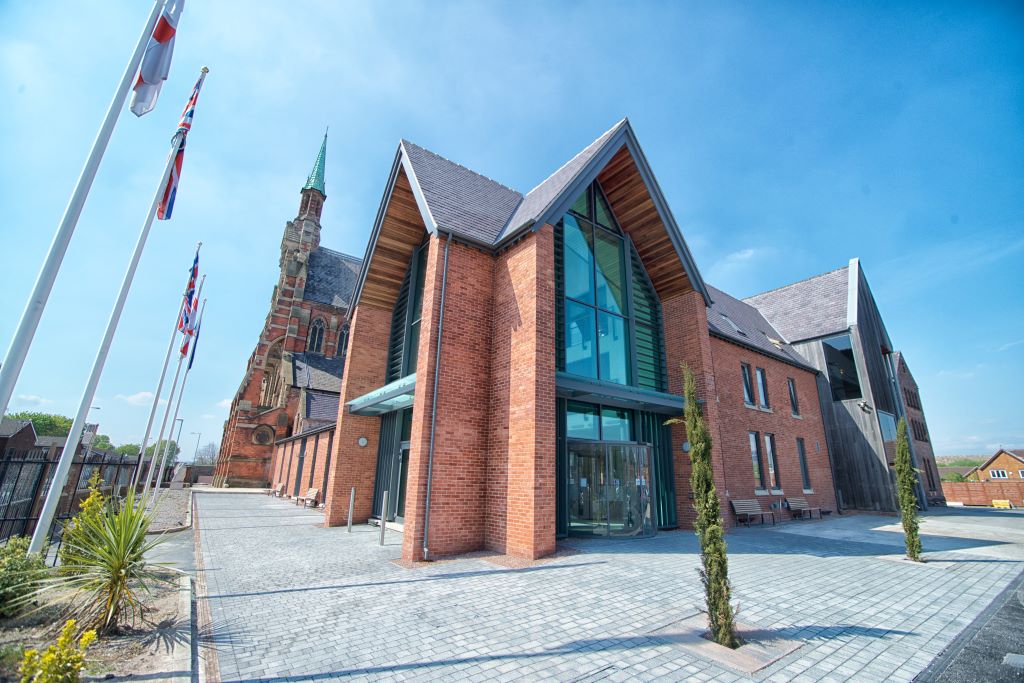Kids that code are better at problem solving, creative thinking and teamwork

Children who have been taught computer science skills – such as coding – are more likely to be better at maths, problem solving, creative thinking, time management and team work, than kids who haven’t had these lessons, a new study has revealed.
The ‘Broader Benefits of Leading to Code’ report by OKdo(@LetsOKdo), the global technology company from Electrocomponents plc, features insight from surveys run with nearly 7,000 UK parents (with children aged 5-16) and active primary and secondary school teachers.
The research shows that 96% of teachers have seen first-hand evidence that educating children in computer science helps develop other hard and soft skills, alongside IT abilities.
Eight in ten (82%) teachers said that computer science education helps enhance a child’s ability to problem-solve, two thirds (68%) say it develops maths skills, and six in ten (60%) feel it improves a child’s ability to think creatively.
Over a third (35%) also said that coding lessons help develop organisational / time management skills, while 34% think they can even make children better at teamwork.
One in five (19%) said that learning computer science skills helps improve their students overall academic performance.
These assessments were also mirrored by parents.
More parents of children who have learnt coding (or been taught computer science at school) ranked their child’s maths, writing, creative thinking, communication, and teamwork ability as ‘above average for their age’, versus parents whose children hadn’t experienced computer science lessons.
Top Five Benefits of Computer Science Education:
1. Maths skills
Mathematics may not be the most popular subject at school for many children, but with coding in particular, maths skills are covertly picked up along the way.
2. Creative Thinking
Coding is about creating something new, helping children flex their creativity and come up with their own ideas.
3. Problem solving
Through coding children learn to analyse and address complex challenges that arise with computer technology.
4. Communication skills
Code is a language, which needs to be understood and broken down in simple terms.
5. Teamwork
Computer science lessons develop the ability to work alongside others, whether on projects, ideas, or problems that need a collective solution.
Clare Ford, Expert Educator, Founder at SwitchedON! said:
“Computer Science Education is fabulous for “starting with the end in mind” and then reverse engineering – taking logical steps, one at a time, to create a bigger picture. This approach builds a growth mindset.”
Georgina Durrant, Author of ‘100 Ways Your Child Can Learn Through Play’ and Founder and Creator of The Special Education Needs (SEN) Resources Blog added:
“Computer science is fantastic for helping children to develop some really important skills such as problem solving, lateral thinking and creativity.
“Computer science education can also be absolutely brilliant for supporting children to learn how to successfully work as a team, how to manage any potential conflict and disagreements and how to work to deadlines as part of a group.
“All these skills are transferable and vital for future studies and careers. It’s important to remember that we are preparing children, especially with computer science, for careers in the future that may not even exist yet!”
Richard Curtin, SVP of Technology at OKdo added:
“We’ve long believed that computer science education gives kids more than just the obvious IT skills – it’s also helping children to improve their confidence in teamwork, problem-solving, communication and much more.
“It’s also clearly very effective at improving mathematics skills – 81% of the maths teachers we spoke to say they’ve seen first-hand that coding in particular helps numerical competence too.
“At OKdo we exist to spark a love of computing for children and to help them to develop new skills so that they have every possible chance to fulfil their potential. This year we’ve partnered with the Micro:bit Educational Foundation to help encourage more children across the world to get involved in computer science through the ‘do your: bit’ challenge . We’ve already donated 5,000 micro:bit computers to children from diverse cultural backgrounds, to inspire them to get involved in the competition and come up with some amazing inventions that help tackle everyday problems.”











Responses